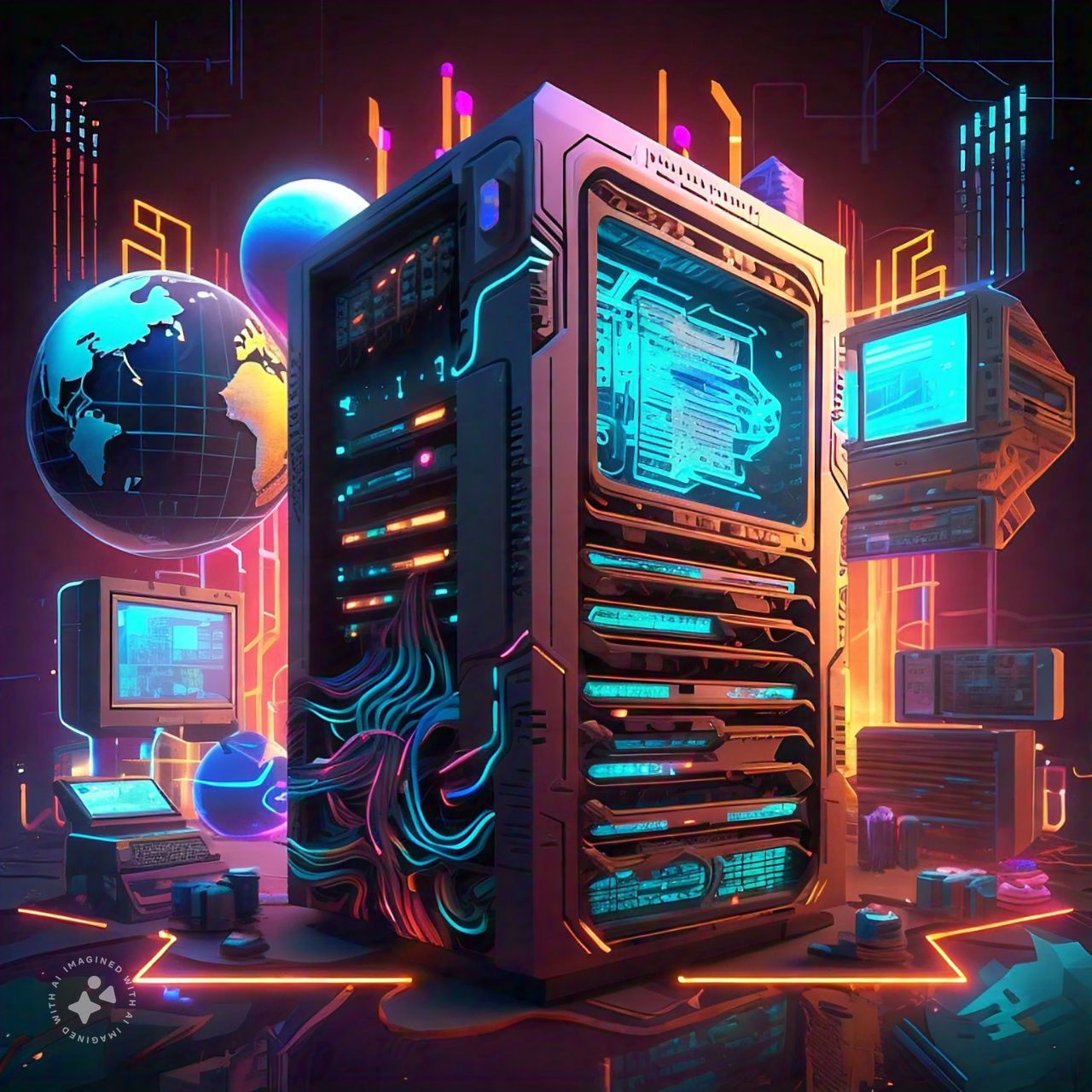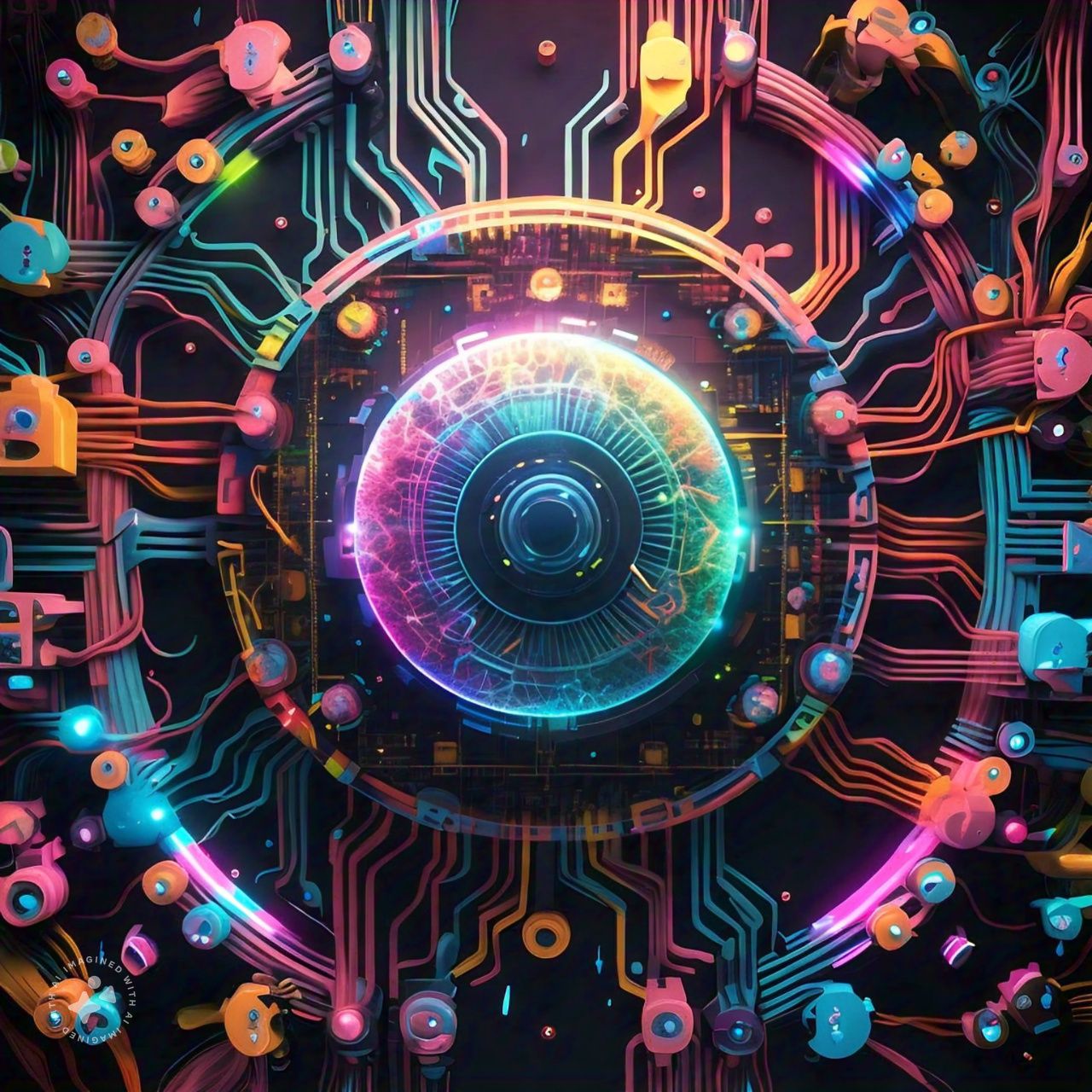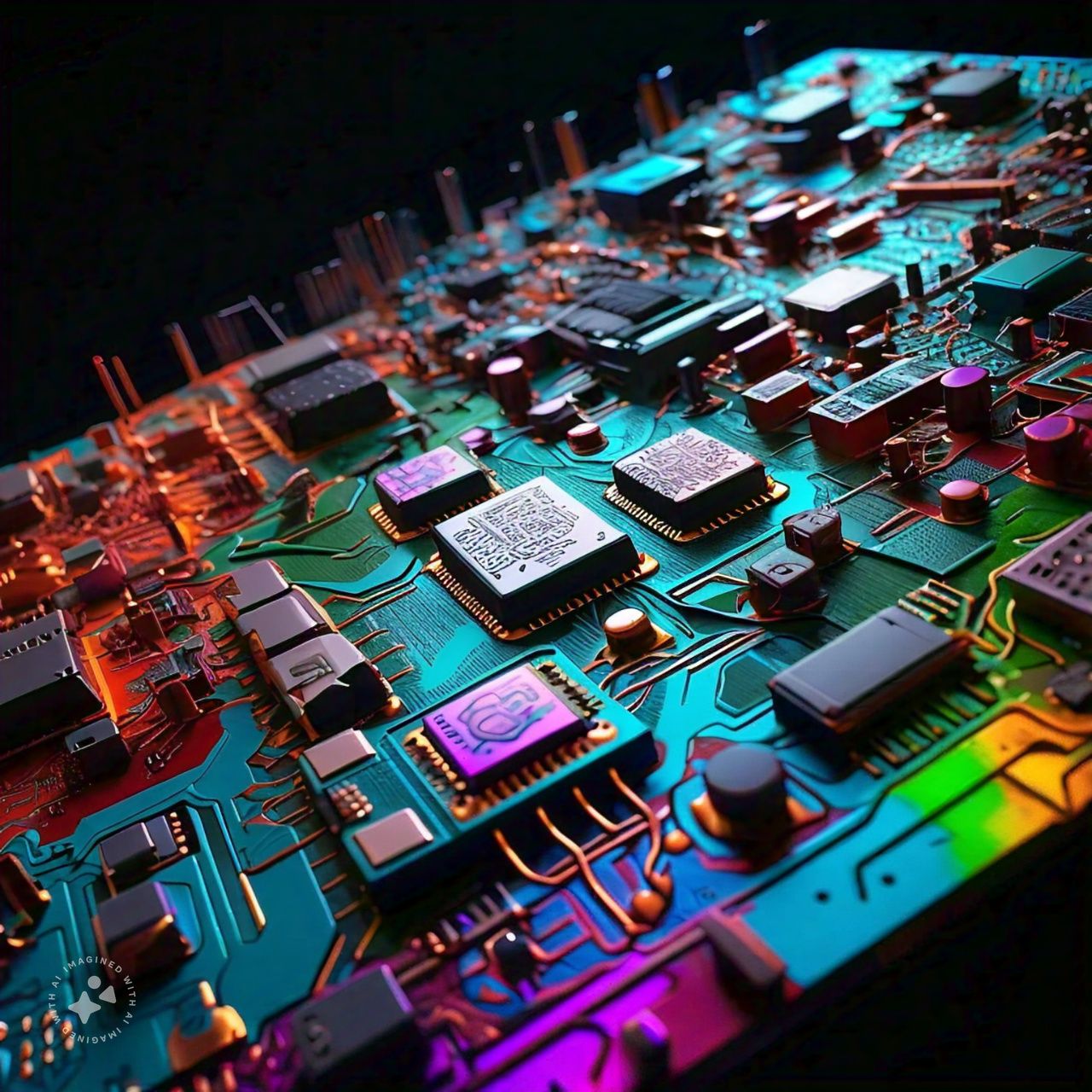The rapid evolution of the internet has created a dynamic and complex landscape for communication, often referred to as the “Internet Zone.” This term encapsulates the virtual spaces where digital interactions occur—ranging from social media platforms and email to forums and instant messaging apps. As we delve into the impact of this Internet Zone on modern communication, it’s essential to explore its transformative effects on personal relationships, professional interactions, and societal discourse.
The Evolution of Communication Channels
Historically, communication has undergone significant changes, from oral traditions and written correspondence to telegraphs and telephones. The advent of the internet marked a revolutionary shift, introducing a myriad of new channels that have redefined how we connect with others.
Email, the first significant internet communication tool, offered a more efficient alternative to traditional mail. It revolutionized both personal and professional correspondence by enabling instantaneous exchange of messages and documents. The convenience of email has paved the way for other digital communication tools.
Instant messaging and chat applications followed, allowing real-time conversations. Platforms like AOL Instant Messenger (AIM) and MSN Messenger laid the groundwork for modern messaging apps such as WhatsApp, Slack, and Facebook Messenger. These tools have significantly altered the pace and style of communication, emphasizing brevity and immediacy.
Social media platforms have further transformed communication. From the early days of MySpace and Friendster to today’s giants like Facebook, Twitter, Instagram, and TikTok, social media has created new avenues for personal expression and connectivity. It has allowed individuals to share their lives, opinions, and creative content with a global audience instantly.
The Impact on Personal Relationships
The Internet Zone has had profound effects on personal relationships. On one hand, it has facilitated stronger and more frequent connections with friends and family, bridging geographic distances that once seemed insurmountable. Video calling technologies, such as Zoom and Skype, have made it possible to maintain face-to-face interactions regardless of location.
However, this constant connectivity can also strain relationships. The boundaries between online and offline interactions can blur, leading to misunderstandings and conflicts. Social media platforms, while providing tools for connection, often foster superficial engagements. The curated nature of online personas can create unrealistic expectations and contribute to feelings of inadequacy or envy.
Furthermore, the prevalence of digital communication has led to changes in how people manage their time and attention. The constant influx of notifications and messages can lead to a fragmented focus, impacting the quality of interactions and potentially diminishing the depth of personal relationships.
Professional Communication and Collaboration
In the professional realm, the Internet Zone has introduced new tools and practices that have revolutionized how work is conducted. Email and professional networking sites, such as LinkedIn, have become essential for career development and job searching. They offer platforms for networking, personal branding, and professional growth.
Collaborative tools like Google Workspace, Microsoft Teams, and Trello have transformed team dynamics and project management. These tools enable real-time collaboration, allowing teams to work together seamlessly regardless of their physical locations. This shift has facilitated remote work and global collaboration, making it easier for organizations to tap into a diverse talent pool.
However, the rise of digital communication in the workplace has also introduced challenges. The sheer volume of emails and messages can be overwhelming, leading to “communication fatigue.” Additionally, the boundaries between work and personal life have become increasingly blurred, with employees often expected to be available around the clock.
Societal Discourse and Public Opinion
The Internet Zone has also had a profound impact on societal discourse and public opinion. Online platforms have democratized information dissemination, allowing anyone with an internet connection to share their views and access a wide range of perspectives. This has amplified the voices of marginalized groups and facilitated grassroots movements, such as #MeToo and Black Lives Matter.
However, the same platforms that enable diverse voices can also propagate misinformation and polarization. The echo chamber effect, where users are exposed primarily to information that aligns with their existing beliefs, can reinforce biases and hinder constructive dialogue. The rise of deepfakes and manipulated content poses additional challenges for discerning truth in the digital age.
The Future of Communication in the Internet Zone
As we look to the future, the Internet Zone will continue to evolve, shaping communication in new and unforeseen ways. Emerging technologies such as artificial intelligence, virtual reality, and augmented reality are poised to introduce new modes of interaction. AI-driven communication tools, for instance, promise to enhance personalization and efficiency but also raise concerns about privacy and data security.
Virtual reality and augmented reality could redefine remote communication, providing more immersive and interactive experiences. These technologies have the potential to make digital interactions feel more lifelike and engaging, bridging the gap between physical and virtual presence.
The challenge moving forward will be to balance the benefits of these advancements with the need for meaningful and authentic connections. As digital communication continues to evolve, fostering critical thinking, media literacy, and digital well-being will be essential for navigating the complexities of the Internet Zone.
Conclusion
The Internet Zone has undeniably transformed modern communication, offering unprecedented opportunities for connection, collaboration, and expression. While it has facilitated stronger personal relationships and more efficient professional interactions, it has also introduced new challenges and complexities. Understanding the impact of these digital spaces is crucial for navigating the evolving landscape of communication and ensuring that we harness the benefits of the Internet Zone while mitigating its potential downsides.
As technology continues to advance, it will be important to remain mindful of how we use digital tools and strive for a balance that promotes meaningful, authentic, and respectful communication. The Internet Zone is not just a space for digital interaction; it is a reflection of the evolving nature of human connection in the 21st century.



